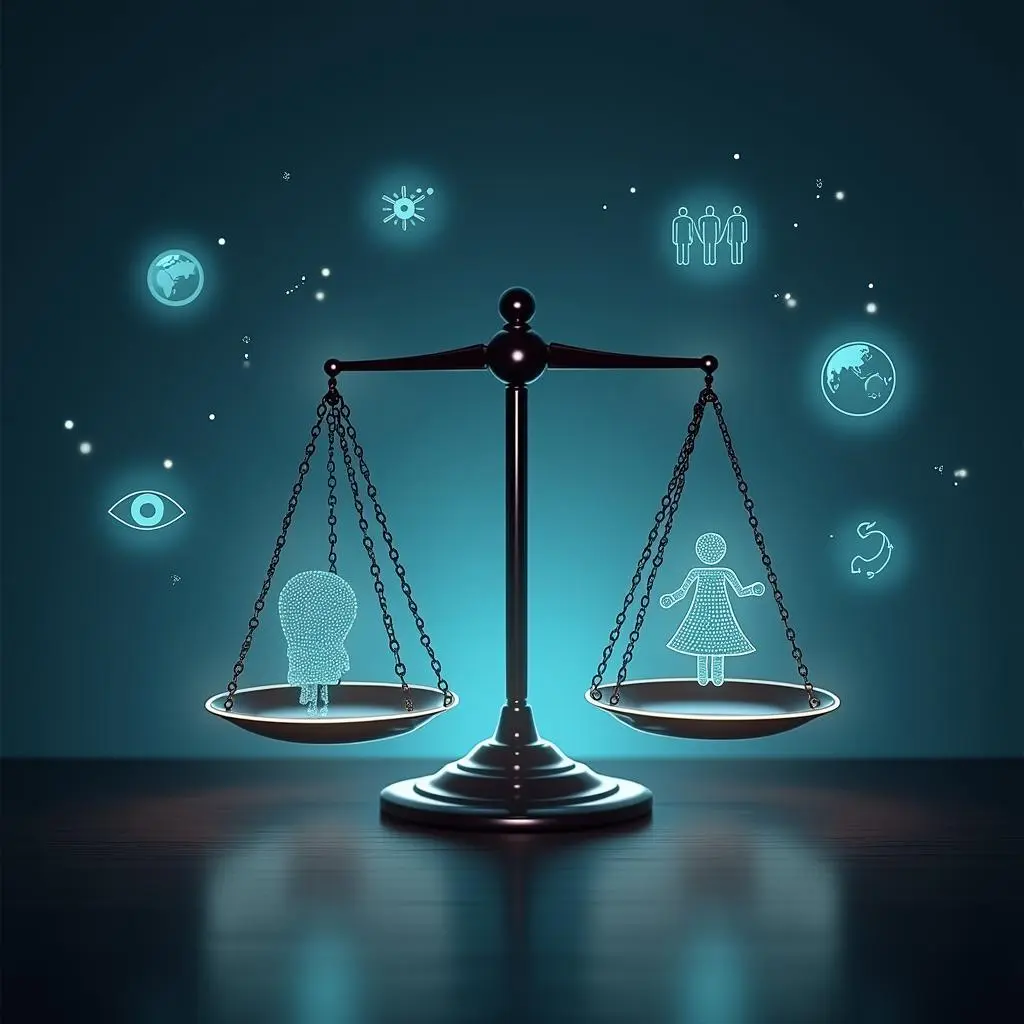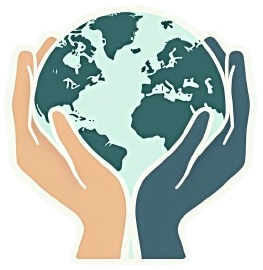The Ethics of Technology: Who Decides What’s Right?

As technology evolves at a rapid pace, questions about its ethical implications grow increasingly urgent. From artificial intelligence to genetic engineering, the tools we create have the potential to reshape society. However, determining what is "right" and "wrong" in the use of these technologies often falls to a select few—governments, corporations, and experts—raising concerns about inclusivity and accountability.
One of the key challenges in tech ethics is balancing innovation with societal impact. While new technologies promise efficiency and progress, they can also exacerbate inequality, erode privacy, and centralize power. Without diverse perspectives in decision-making processes, ethical frameworks risk being skewed toward the interests of the privileged few.
Another concern is the lack of global consensus on ethical standards. What is considered acceptable in one culture may be controversial in another, leading to inconsistencies in how technologies are developed and deployed. This highlights the need for international cooperation and shared principles that transcend borders.
To prevent misuse and ensure fairness, transparency is essential. Companies and governments must disclose how technologies work, their potential risks, and their impact on society. Public participation in ethical debates is equally important, as it fosters trust and ensures that technological advancements align with the values of the broader community.
Ultimately, ethical technology is a shared responsibility. By promoting education, inclusivity, and global dialogue, we can create systems that prioritize humanity over profit. The question is not just who decides what’s right, but how we ensure that those decisions serve the collective good rather than narrow interests.
